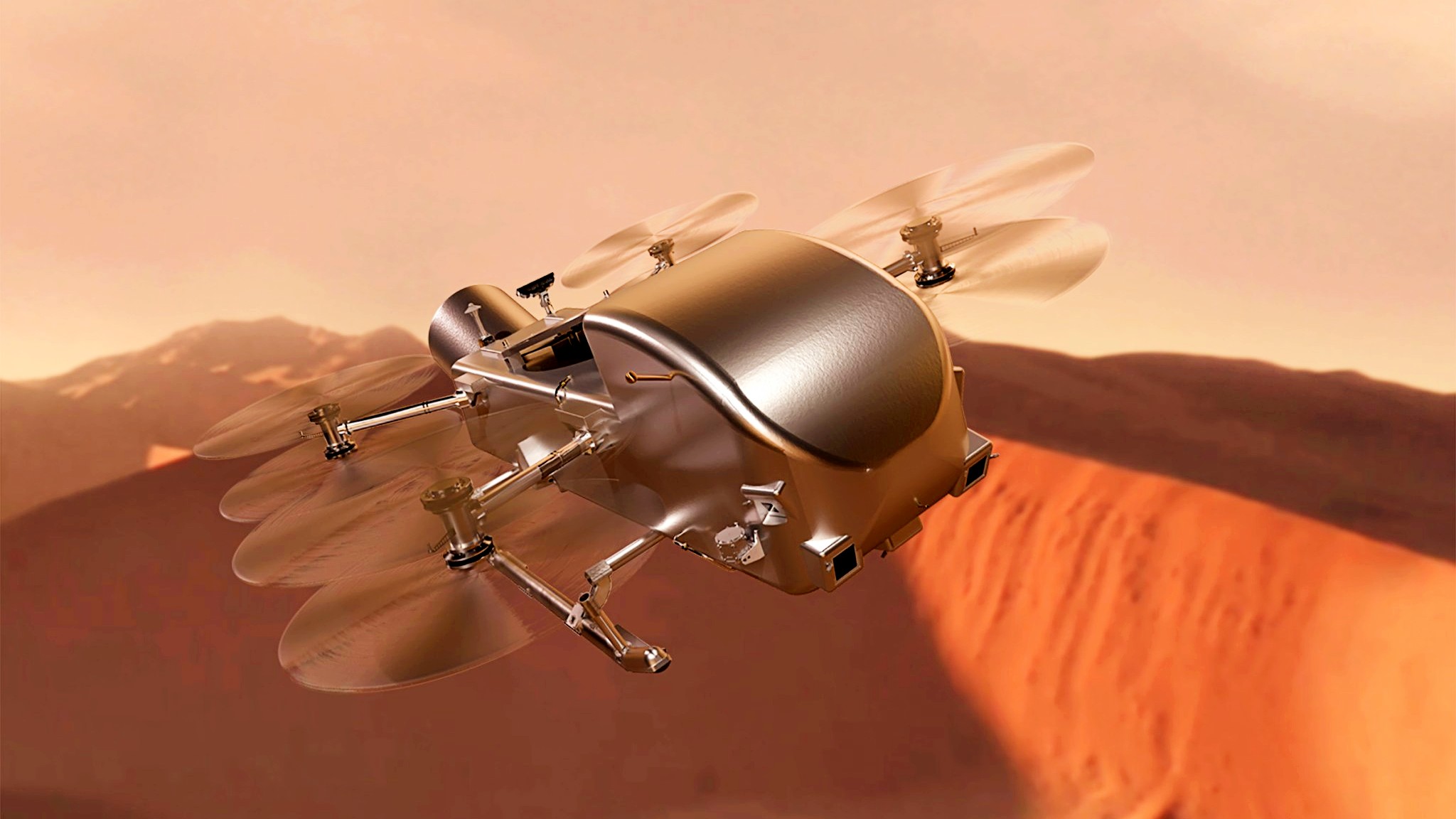Near the end of the Apollo program, legendary rocket scientist Wernher von Braun sought to drum up support for a new mission to send people to Mars. President Richard Nixon, who had the final say on NASA projects, ended up with two competing proposals on his desk: a mission to Mars and the space shuttle program. Nixon chose the latter — much to von Braun’s chagrin — because the U.S. military and intelligence agencies found it so intriguing. The rest is history.
Author Stephen Petranek explains that if Nixon had gone with von Braun’s plan instead, we’d already have a Mars colony with potentially thousands of people on it. Instead, we got the space shuttle — a cool ship, no doubt, but not anything that allowed us to take large steps forward with our space program. The past five decades of relative inertia gave rise to private space exploration companies like SpaceX that seek to do what the U.S. government was unwilling to.
Stephen Petranek: When the Apollo program was coming to an end [Wernher] von Braun was running through the halls of Congress trying to convince congressmen that the next project after the Apollo program should be sending humans to Mars. Unlike many other proposals he had made in the past, that proposal actually ended up on the desk of President Richard M. Nixon. Now a lot of people don’t understand this but the president is not only the commander in chief, he’s the commander in chief of NASA. NASA is actually an administrative function in our government and it reports directly to the president of the United States. So in the early '70s Nixon had two proposals sitting on his desk. One was let’s send somebody to Mars. The competing proposal was the space shuttle. Now the space shuttle originally was a very cool concept. It is exactly what Elon Musk is trying to do with rockets right now by making them reusable. And it was a relatively small space plane that could shuttle astronauts into Earth orbit and then where you would have the capability of building a larger rocket that could go on to places like Mars. Unfortunately, the military and the intelligence agencies of the United States became very interested in the space shuttle and a conflict developed. Nixon chose the space shuttle over going to Mars, over von Braun’s program. And shortly thereafter, von Braun resigned from NASA. And not long after that he died. Had Nixon chosen in the early '70s to go to Mars instead of building the space shuttle we would have a colony on Mars now. And there would probably be thousands of people there.
The tragedy of the space shuttle was that it was really kind of designed for the military industrial complex rather than what NASA really had in mind originally, which was a cheap, small reusable rocket. The joke is that there were 11 secret missions that we know of between 1982 and 1992 in which used the space shuttle for military and intelligence purposes. We have no real idea what those were. They were classified, but we do know that they existed and that those rockets were launched and used for that purpose.
Here is a government agency that from day one was supposed to be completely open and transparent because we did not want other countries thinking that we looked like explorers of space and we looked like people who were only interested in intellectual curiosity and finding out more about our environment, when in fact at the same time we were doing military things. So for the last five decades, from 1970 at least the space program has been stunted and has gone absolutely nowhere. And that’s why we have people like SpaceX who are going to get the first to land on Mars because they’ve created this huge hole of low-cost entry into space. And governments are now losing control of space that they’ve had as a monopoly. And private companies are finding it quite easy to do things faster, better, and cheaper than NASA or the military can do them. And they’re going to get into long-term space first.






